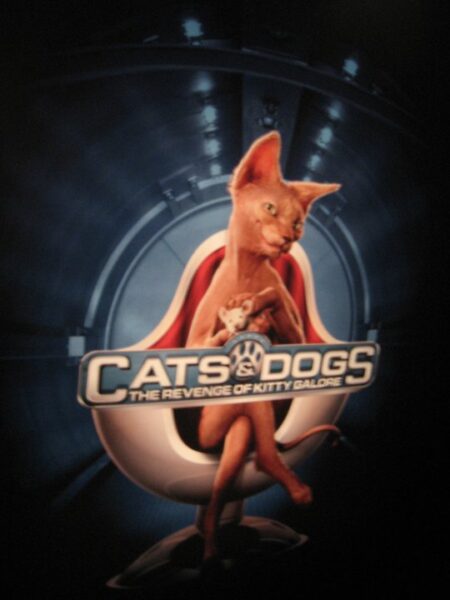
Photo: Douglas Kirkland, 1980
Wired.com
Apple Wants to Open Song Vaults
By Katie Dean
02:00 AM May. 12, 2004 PT
Building the iTunes Music Store library is a collaborative effort that even Apple Chief Executive Steve Jobs participates in.
The programming director of the store is a former radio deejay who’s constantly looking for places to find old and out-of-print music. His team of music programmers are experts in world music, hip-hop, rock and classical, to name a few genres. In addition to their own expertise, the iTunes staff regularly collects suggestions from Apple Computer employees, customers and anyone who’s looking to fill a hole in his or her music collection.
“Even Steve himself will occasionally send me an e-mail pointing me in the direction of a missing album or artist that he’s looking for, and we’ll go and find it,” said Alex Luke, director of music programming and label relations for iTunes.
ITunes, the leader of the digital music services pack, has a catalog of over 700,000 songs — but that’s not nearly enough for Apple. To maintain its lead, the company is on a hunt to find exclusive music, everything from out-of-print singles in music company vaults to songs that have never been pressed onto a CD and even recordings from the estates of deceased artists.
On the conference call about the first birthday of the iTunes Music Store, Jobs said that getting such songs online is one of the next hurdles for online services and the music industry. In general, he said, labels have less than a third of the music in their vaults available for sale because it’s too expensive to distribute such CDs to stores.
But to make songs available online, record companies wouldn’t have to press CDs, get them to stores and worry about returns. “It’s a one-time cost,” Luke said. “Once it’s been encoded and delivered, it’s in the digital marketplace.”
And if anyone can get the labels to open the vaults, Jobs can, analysts said.
“What Jobs is saying is, ‘We’d be happy to take all this content that is rotting away in warehouses and turn it into a new revenue source for you,'” said Barry Ritholtz, a market strategist with Maxim Group, a money-management firm. “It’s probably a bit much to say Jobs is saving the music industry, but he’s showing them the way into the digital age. They have been stumbling around drunk in the dark.”
Currently, the iTunes Music Store includes tracks from all five major record companies and over 450 independent labels.
Earlier this week, iTunes said Orbison Records agreed to make Roy Orbison’s songs available exclusively on its online store. Well-known hits like “Oh, Pretty Woman” and “Crying” are now available, in addition to several rare recordings.
“I’m really pleased,” said Barbara Orbison, president of Orbison Records. “It’s a new way of distribution. It really puts the artist in control.”
Motown Records also struck a deal to put the first 45 Motown singles and 45 classic albums on iTunes in honor of Motown’s 45th birthday.
“ITunes is currently the leader and it seemed like a good fit,” said Harry Weinger, vice president of artist and repertoire at Universal Music Enterprises, the catalog arm of Universal Music Group.
More than half of the singles chosen had not been in any digital format before, Weinger said. The company elected to put 16 albums like Moods of Marvin Gaye — which had been available overseas but not in the United States — in the music store. Six albums had never been on CD and 23 albums had been printed on CD at one time, but were now out of print.
Despite the iTunes collaboration, 95 percent of the vast Motown catalog is still unavailable to the public, Weinger said.
“This opens the door, and we hope the success of this venture means that we’re going to do more,” he said. “It’s certainly a big vault. There are a lot of jewels in there.”
The labels are beginning to understand that they must make more titles available to help the online services succeed, said Jeremy Welt, head of new media for Maverick Records.
“If something is out of print and we have the right to license it to iTunes, we license it to iTunes,” he said. He estimated more than 80 percent of the Maverick catalog has been licensed to online music services.
Of course, iTunes isn’t the only online music store racing to build its catalog and collect exclusive songs.
“Everyone we’ve done deals with wants as much as they can get,” Welt said. “All the services know that breadth of content is key.”






